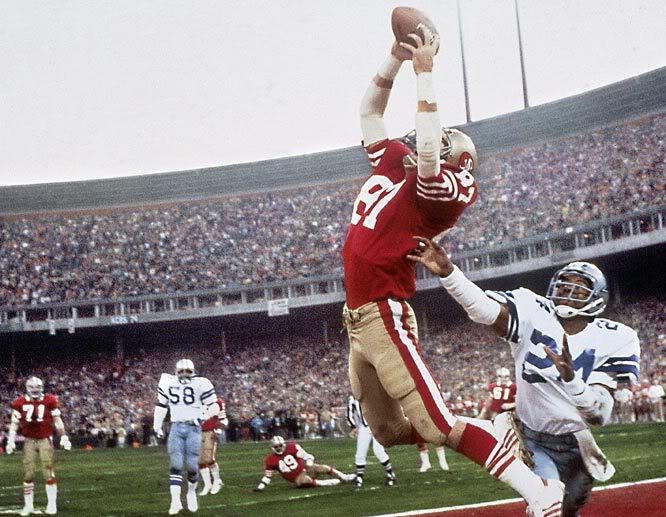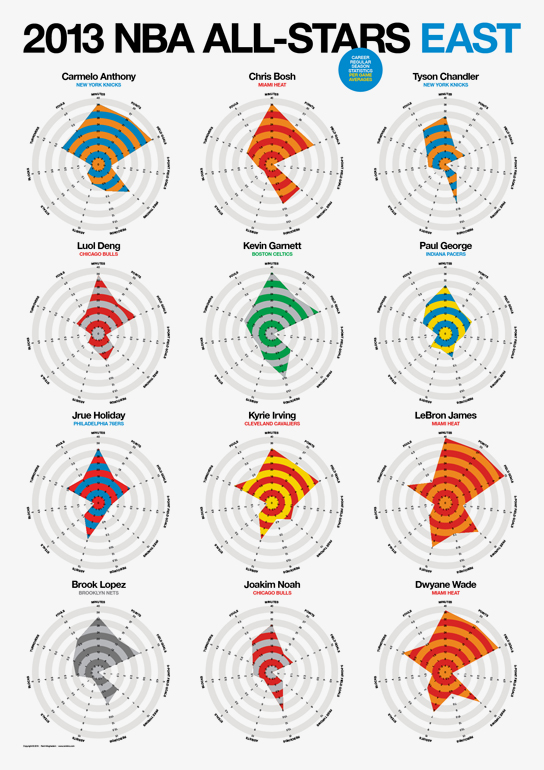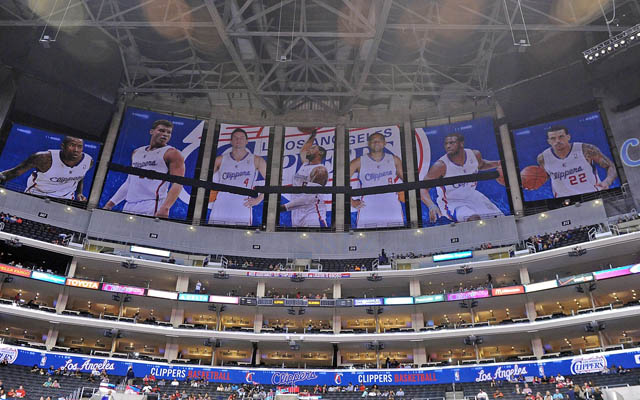What Richard Sherman reminds us about high performers
If you are a sports fan, or perhaps even if you are not, you probably heard or saw coverage of Sunday's NFC Championship game, (that is American football for the non-USA readers), and particularly of the epic post-game rant/interview from the Seattle Seahawks' Richard Sherman, a member of the winning team.
To set a little context, in the final stages of the game, the opposition San Francisco 49ers attempted a pass into the end zone that had it been completed would have won their side the game. The Seahawk's Sherman was able to deflect the pass attempt from the 49ers Michael Crabtree and the ball was then intercepted Sherman's teammate, sealing the victory for Seattle.
Check the video of the interview then some comments from me (Email and RSS subscribers will need to click through)
I love this guy. Let's break it down for what is reminds us about people and performance.
1. Some people just want to be a little better than the worst performer in their peer group
You know this guy, he is pretty easy to spot. Never stands out at all, is definitely not anywhere close to being a great performer, but usually does just enough to nose in front of the office's weakest link. He is the antelope that realizes that he doesn't need to outrun the cheetah, he only needs to outrun the slowest other antelope in order to survive. Eventually, he becomes the slowest antelope himself, but that can take some time. They are usually pretty fun to be around though.
2. Some people want to perform at their highest/most productive/most efficient level
This is actually most people I think. They want to learn, want to get better, want to challenge themselves (most of the time). They usually are good to very good performers. They are your 'B' students, slightly above the curve. They are also generally pretty fun to have on the team. They do some really good work and most notably, they rarely make waves. Some part of them sees being the best version of themselves as being a good team player. A team full of 'B' students, in a mature or slower moving market might be perfectly fine for long term stability and performance.
3. Some people want to perform at their highest level, actively seek out who they perceive to be the best performers in their peer group, and do what is necessary to outperform them.
This is our friend Richard Sherman I think. Really driven, consumed with not only becoming the best they can be but also consumed with the measurements that validate they are the best, (and desirous of the accolades that come with being the best). These types stay up at night working, planning, and scheming on how to beat the other guy and are not going to rest until they do. And once they do, they are not shy about telling you about it. We sometimes don't like these kind of guys because, like in the Sherman video, they come off as arrogant, cocky, and kind of unlikable. We chastise them for their hubris and lament that they are not 'team players.' But make no mistake, these are the types that drive progress, at least until they flame out, stop producing the results that led to their arrogance, (while remaining arrogant), and alienate that core group of 'B' students that everyone likes.
Richard Sherman is clearly a '3' on my little scale. Note that in his 25 second rant he hits the two main elements necessary for this kind of mindset approach. He talks about being the best there is at what he does, AND, calls out his competition, reminding everyone that he is aware of who he has to be better than, and that he is not just using some kind of internal measuring stick to judge his own progress.
Not everyone can be a Richard Sherman, but I think every organization needs at least some of that type in order to win. Because in life and in business we like to forget sometimes that winning is not only a matter of being the best that we can be, but also involves beating the other team.
Happy Tuesday.

 Steve
Steve



